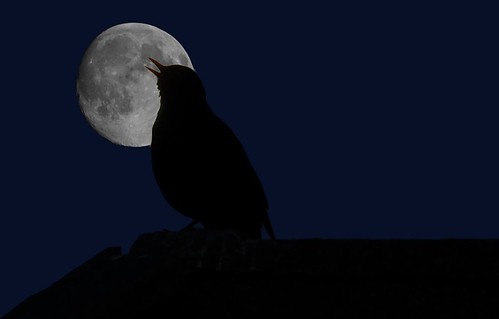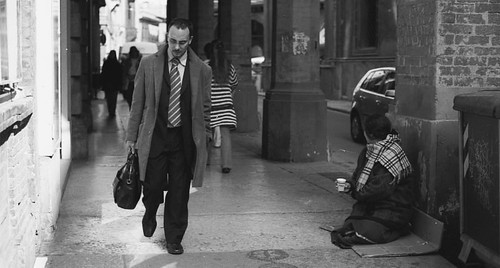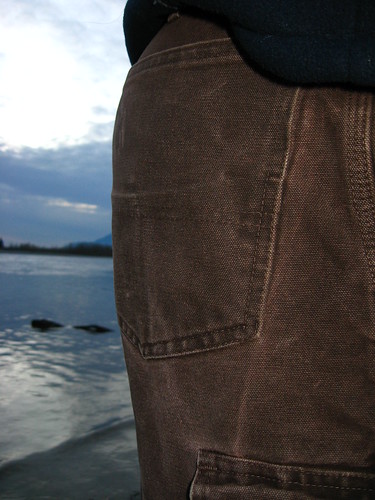The Ones is a writing blog game in which participants receive a story title, a little wrinkle to up the challenge factor and then must create a single draft story in no more than one hour from the prompt. They then trade stories and post someone else’s entry on their website. My guest this week is Kishan Paul.
—
“So you feel like your husband isn’t attentive to your needs as he used to be?” I ask.
“Yes,” the woman on the speaker phone sniffles. “I think he’s having an affair,” she says as her sniffle turns into a full fledged sob.
“Elise,” I begin and stop when the pounding starts. I switch the speaker off and put the phone next to my ear. Placing my hand on the wall next to me, I feel it shake as whoever is on the other side pounds.

I scramble to the other side of apartment, the kitchen, “Elise, do you think this has anything to do with the fact it’s the busiest time…” The banging of the hammer against the wall gets louder and more incessant. I punch the breakfast table and work on keeping my voice calm and soothing. “of the year for him at work?”
The rest of our session is much the same and I pray Elise has no idea that I’m about to explode.








